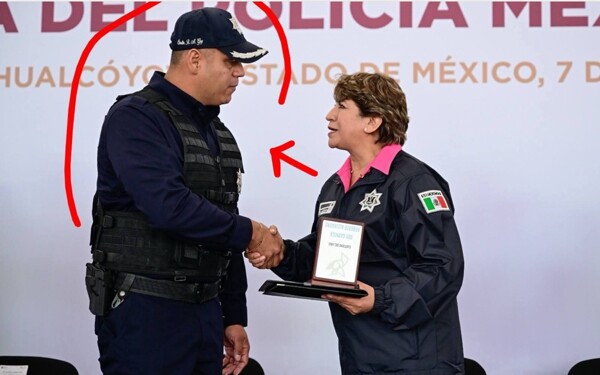
Festivals, despite claiming they seek to reduce waste, face criticism for their use of reusable cups, which require 10 times more plastic in their production. If not reused at least 10 times, they generate more pollution than single-use cups. Many festivals force attendees to purchase these cups at prices ranging from 30 to 100 pesos, with no possibility of refunds, turning the practice into an additional source of income. In some cases, sponsoring brands manufacture them at no cost to the festival, but organizers sell them with excessive profit margins.
In this regard, the system has generated controversy because it does not always guarantee that the cups are reused, which increases pollution instead of reducing it. Even when their factory cost is around 4 pesos, festivals market them for up to 100 pesos, generating disproportionate profits. At some events, refunds are not allowed for returning the cup, which can be considered exploitation for attendees.
On the other hand, the practice of "salting" the reusable cups (dipping them in salt and chili powder) for drinks like micheladas raises hygiene issues. Vendors often recycle these cups repeatedly in the mix, which can pose a health risk by promoting cross-contamination from saliva residue, the proliferation of bacteria and fungi, as well as increasing the risk of gastrointestinal infections due to poor hygiene in their handling.
Regarding cashless wristbands used at festivals as a payment method, it is suggested to inquire about the fees for recharging or refunds. Additionally, it is important to know that festivals cannot prohibit cash use and must allow the withdrawal of remaining balance without imposing abusive conditions.
In conclusion, while the use of reusable cups at festivals is presented as an ecological measure, it has actually become a lucrative business. This practice, according to the Federal Consumer Protection Law, could be considered abusive since establishments must accept cash payments up to a certain limit. Furthermore, many users complain about not being able to recover unspent money at the end of the event due to various restrictions. Festivals in Mexico have opted for cashless wristbands as the only payment method, which has generated certain concerns among attendees.














